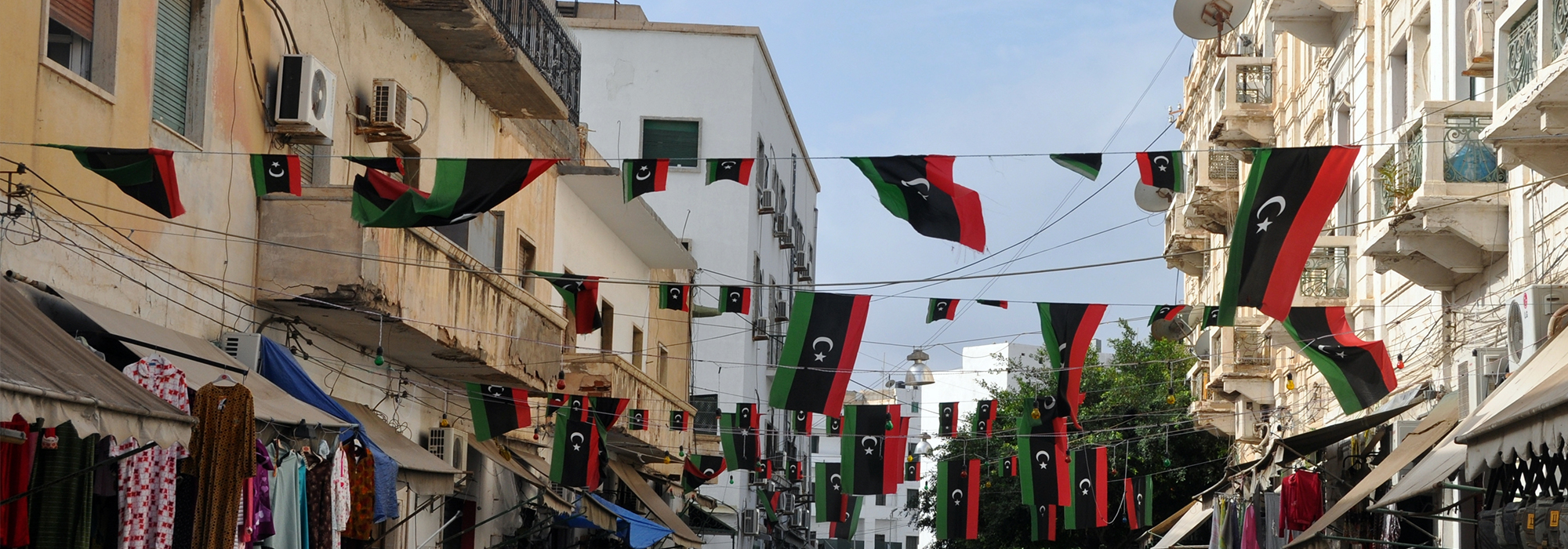
The SNC-Lavalin affair is about many things. It’s about conflict of interest, pressure from the prime minister and whether to split the roles of the attorney general and the minister of justice. It’s also about the collateral impact of a corporate prosecution on employees, pensioners and shareholders. And it’s about corporations lobbying to change the Criminal Code and retaining former judges whose star power gets them a chat with a minister’s officials. All of these themes can be found in the Ethics Commissioner’s report of August 14, 2019.
But at its heart, it’s about a criminal case against a corporation, raising the public policy challenge of how to secure full accountability from corporations that commit serious economic crimes.
Lost amid so many discussions about the prosecution of SNC-Lavalin are the overseas victims of the alleged crimes. In July, for instance, Green Party Leader Elizabeth May suggested that SNC-Lavalin, if found guilty of foreign corruption, should be made responsible for providing potable water to First Nations communities in Canada. It was a unique and perhaps off-the-cuff proposal that the NDP’s Charlie Angus found to be “perverse” and “highly problematic on so many levels.” It also made no mention of the people actually harmed by the alleged fraud and bribery in Libya.
The criminal law is not a tool well-suited to preserving jobs, but it can be used to return stolen funds and impose financial penalties to do some good for those most affected. They must not be forgotten.
Current approaches
When we choose to use a criminal law approach to tackle foreign bribery and fraud, there is an underlying assumption that the prohibited conduct causes harm. That harm arises when corruption siphons funds from government accounts that could have been used for public services, such as education, health care and institutions of governance. The Supreme Court of Canada has said much the same thing. Its opening lines in a 2016 case: “Corruption is a significant obstacle to international development. It undermines confidence in public institutions, diverts funds from those who are in great need of financial support, and violates business integrity.”
The charges against SNC-Lavalin allege that state organizations in Libya were defrauded of approximately $130 million and that Libyan officials were paid $47.7 million in bribes. It is not hard to imagine what those millions could have provided for the people of Libya.
Here at home, we have long recognized a need to provide funding to support the victims of all types of crimes. The federal victim surcharge introduced in 1989 and made mandatory in 2013 was pitched as one way to make offenders more accountable and to provide redress for victims by funding a range of assistance services. First set at 15 percent on top of any fine levied on the offender, it was later set at 30 percent. The mandatory aspect of the surcharge was struck down as unconstitutional in December 2018 because of its impact on individual offenders.
Since a corporation cannot go to jail, a financial penalty is how the justice system makes corporate offenders pay for their crimes. These fines can be sizable in corporate foreign bribery cases, as can be the victim surcharge. For example, in the Griffiths Energy International case involving the bribery of officials to secure oil concessions in Chad, prosecutors negotiated a guilty plea that included the payment of a $1.35-millon victim surcharge. In the Niko Resources case involving bribery in Bangladesh, the plea deal included a $1.239-million victim surcharge.
But the funds raised go to the provinces and territories where the cases are prosecuted. As a result, Alberta received $2.58 million for its victims’ assistance programs, all without any reference to the crimes’ victims in Chad and Bangladesh. If there is a plea deal with SNC-Lavalin, a surcharge or penalty would presumably go to victims’ assistance programs in Quebec.
Creative alternatives
It is a recognized objective of Canadian sentencing law “to provide reparations for harm done to victims or the community.” In foreign corruption cases, it is certainly difficult to identify the victims and to establish the specific harms flowing from these crimes. But this means that prosecutors need to think more creatively about how to provide redress for the foreign victims of economic crime.
Developments in the United Kingdom suggest a route forward. There, law enforcement authorities have made a commitment to identify cases where compensation of overseas victims is appropriate. The Serious Fraud Office used monies arising from one foreign bribery conviction to pay for 11 new ambulances in Kenya. And the UK law on deferred prosecution agreements allows prosecutors to oblige a corporation “to donate money to a charity or other third party.”
The UK has also made it clear in its Anti-Corruption Strategy for 2017 to 2022 that it wants other countries to reach “a consensus that overseas victims should benefit from the positive outcomes of bribery and corruption cases.”
Canada should take note.
One option for consideration would be to create a designated fund for the remediation of the harm done by foreign corruption. A precedent exists in the form of the Environmental Damages Fund (EDF). Established by the federal government in 1995, the EDF is a specified-purpose account into which offenders can pay court-ordered fines, negotiated settlements and voluntary payments relating to the commission of environmental offences. This money is used to support projects aimed at environmental rehabilitation and wildlife conservation. The projects are proposed by university researchers, non-governmental organizations and others, with the selection process similar to that used for providing student scholarships and research grants from public funds.
To ensure full accountability for corporations that commit serious crimes, the policy discussion needs to move away from a focus on which tool to use — be that a criminal trial, a plea deal or a deferred prosecution. Instead, the focus should be on the victims of the crimes. With a corruption remediation fund, some of the millions in fines paid by Canadian companies in foreign corruption cases could be used to support development assistance projects in affected countries, with knock-on benefits for our international security and humanitarian aid efforts.
Photo: Shutterstock by rm
Do you have something to say about the article you just read? Be part of the Policy Options discussion, and send in your own submission. Here is a link on how to do it. | Souhaitez-vous réagir à cet article ? Joignez-vous aux débats d’Options politiques et soumettez-nous votre texte en suivant ces directives.








